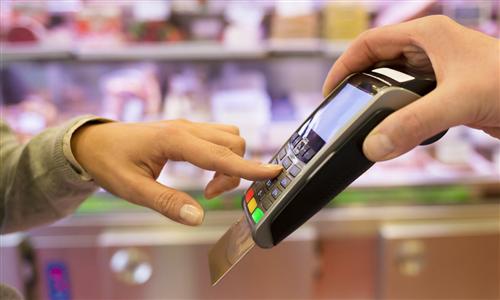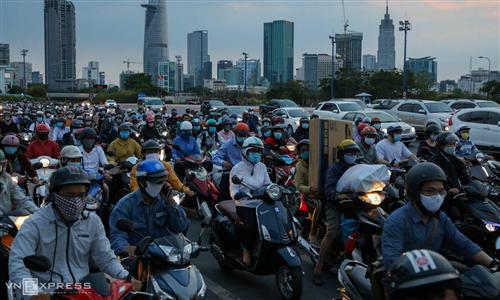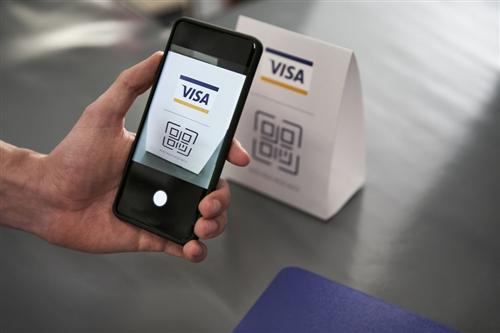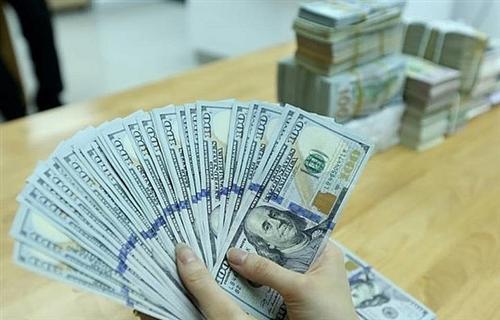China tests digital currency and policy recommendations for Viet Nam
China tests digital currency and policy recommendations for Viet Nam
China officially started testing its sovereign digital currency, the so-called Digital Currency Electronic Payment (DCEP), at the beginning of this month, putting pressure on Viet Nam to research cryptocurrency in the context of international integration. 
Commenting on the move, Bao Dau Thau (Bidding) online newspaper quoted Nguyen Tri Hieu, a banking and financial expert, as saying that digital currencies were a global trend due to the increasing demand for transactions and payments.
For Viet Nam, the move has not had an impact as the State Bank of Viet Nam (SBV) is yet to allow digital currencies to be used in the country.
However, Hieu said that China had tested the digital currency which other countries were considering circulating, so Viet Nam needed to monitor and research its progress to see if it was possible and necessary to issue a similar currency.
In particular, he noted the necessity of a legal framework for accepting digital currency payments should be studied.
Dr Can Van Luc and experts from the BIDV Training and Research Institute have released a report on the benefits, risks and challenges posed by the DCEP, along with policy recommendations for Viet Nam.
Nearly two years since the Chinese announced they were researching a digital Chinese yuan, the country had officially launched DCEP testing, said the report.
This is considered the pilot phase of the three phases of the DCEP implementation roadmap.
The People’s Bank of China (PBoC) co-operated with seven banking and tech organisations to conduct tests on a small scale and started piloting testing in the cities of Shenzhen, Chengdu, Suzhou and Xiong’an from May 4.
The bank did not said how long the testing would last. Some foreign companies such as Starbucks and McDonald's are expected to participate in the trial.
Luc and the authors said the DCEP was a digital currency issued by central banks on the foundation of blockchain and digital technology.
It is a legal currency, which is issued, controlled and guaranteed by the PBoC following the value of the yuan.
The DCEP is considered an upgraded version of the Chinese yuan with more functions to meet the development requirements of the digital economy, and improve the management and operational efficiency of the central bank in the digital economy.
The DCEP operated like a normal banknote, except that it existed in digital form in electronic wallets recognised by the PBoC, said the report.
This move had many policy implications for Viet Nam, said the report.
First of all, the authors said that it was necessary to study experiences in China and other countries on building a roadmap for issuing a central bank digital currency (CBDC) which is suitable for Viet Nam.
Secondly, it is necessary to assess the impacts of the Chinese application of DCEP and other countries which issue digital currencies in the future to determine an appropriate participation plan and acceptance attitude; and assess overall the reliance on Chinese investment capital for plans and scenarios for cross-border payment and tourism between Viet Nam and China.
Thirdly, the authors emphasised the need to promote non-cash payments towards a cash-free society both to prevent epidemics and catch up with global trends.
At the same time, it is necessary to upgrade and develop the national payment system to ensure efficiency and limit risks for payment transactions associated with digital currencies.
Finally, strengthening international cooperation for the management of Chinese DCEP in particular and digital currencies in general.
Accordingly, the SBV must actively co-operate with other central banks around the world and international organisations to research and standardise issues related to digital currencies in general and digital currencies issued by the PBoC in particular.






















